PM calls task force to cut project waste
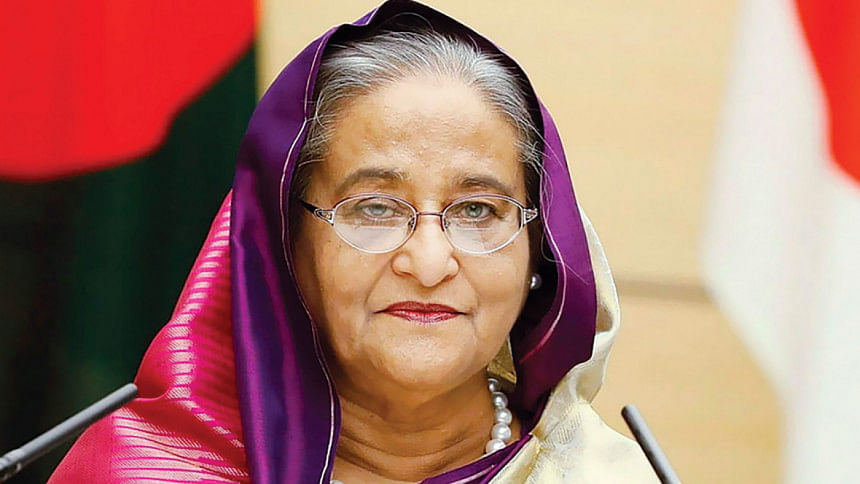
For the first time in eight years, a high-powered committee will hold a meeting tomorrow with Prime Minister Sheikh Hasina to find ways to reduce waste in government projects.
The last time the high-powered planning commission convened was in 2015.
The meeting comes after PM Hasina at an informal meeting on January 13 at Tungipara asked her new cabinet not to take up unnecessary projects that drain funds, a priority for the newly-formed government.
"Before taking a project, carefully consider whether it is essential for the people," Hasina was quoted as saying by a minister.
At the same time, the projects that will benefit people should be given high priority, she said.
Hasina is expected to give directives to government officials to this end at tomorrow's meeting, which will also discuss six different agendas including revising the manual for public sector development project formulation, processing and revision.
A major portion of government expenditure is on implementing development projects, said a planning ministry official.
Most of the development projects are invariably revised several times, causing implementation delays and cost overruns, he said.
According to a study by the Bangladesh Institute of Development Studies, a month's extension in project duration leads to a 0.95 percentage-point increase in costs.
There are problems at every stage of government projects, from preparation to implementation, said Zahid Hussain, a former lead economist of the World Bank's Dhaka office.
It is essential to finalise the design during project preparation, he said, adding that procurement and work plans are also crucial.
"If a project is approved before these tasks are completed properly, there is bound to be delays at the implementation stage."
Also, government projects often see delays because of complexities in the tendering process, land acquisition and corruption, he said, while stressing on overcoming the problems.
The project implementation team has to be appointed in a way that officials are not replaced frequently.
Besides, ministries have to be equipped with expert project selection teams so that projects are not taken on an ad-hoc basis, Zahidadded.
The other agendas that will be discussed in the meeting include an analysis of the government investment situation and reviewing inconsistency between the Five-Year-Plan and annual development programme allocations, the planning ministry official said.
As the 8th Five-Year-Plan will end in this fiscal year and the planning ministry at present is working on formulating the 9th Five-Year-Plan, progress regarding the new plan's formulation will be discussed at the meeting.
Moreover, sector- or department-wise important issues will be discussed.
Usually, the government's key policymaking body, the National Economic Council, meets twice a year while the Executive Committee of the National Economic Council meets once a week.
On the other hand, the planning commission meets when emerging issues come to the fore.
The PM is the chair of the planning commission, the planning minister is its vice chair and the finance minister is its alternative chair.
Alongside ministers, secretaries and heads of different government institutions, planning commission members also attend the meeting.

 For all latest news, follow The Daily Star's Google News channel.
For all latest news, follow The Daily Star's Google News channel. 

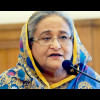

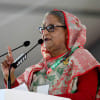

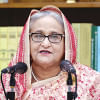

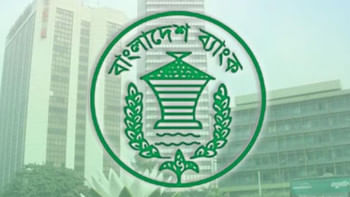
Comments